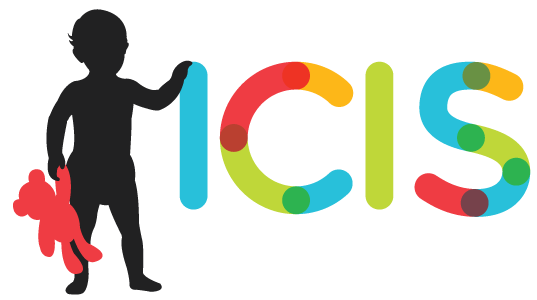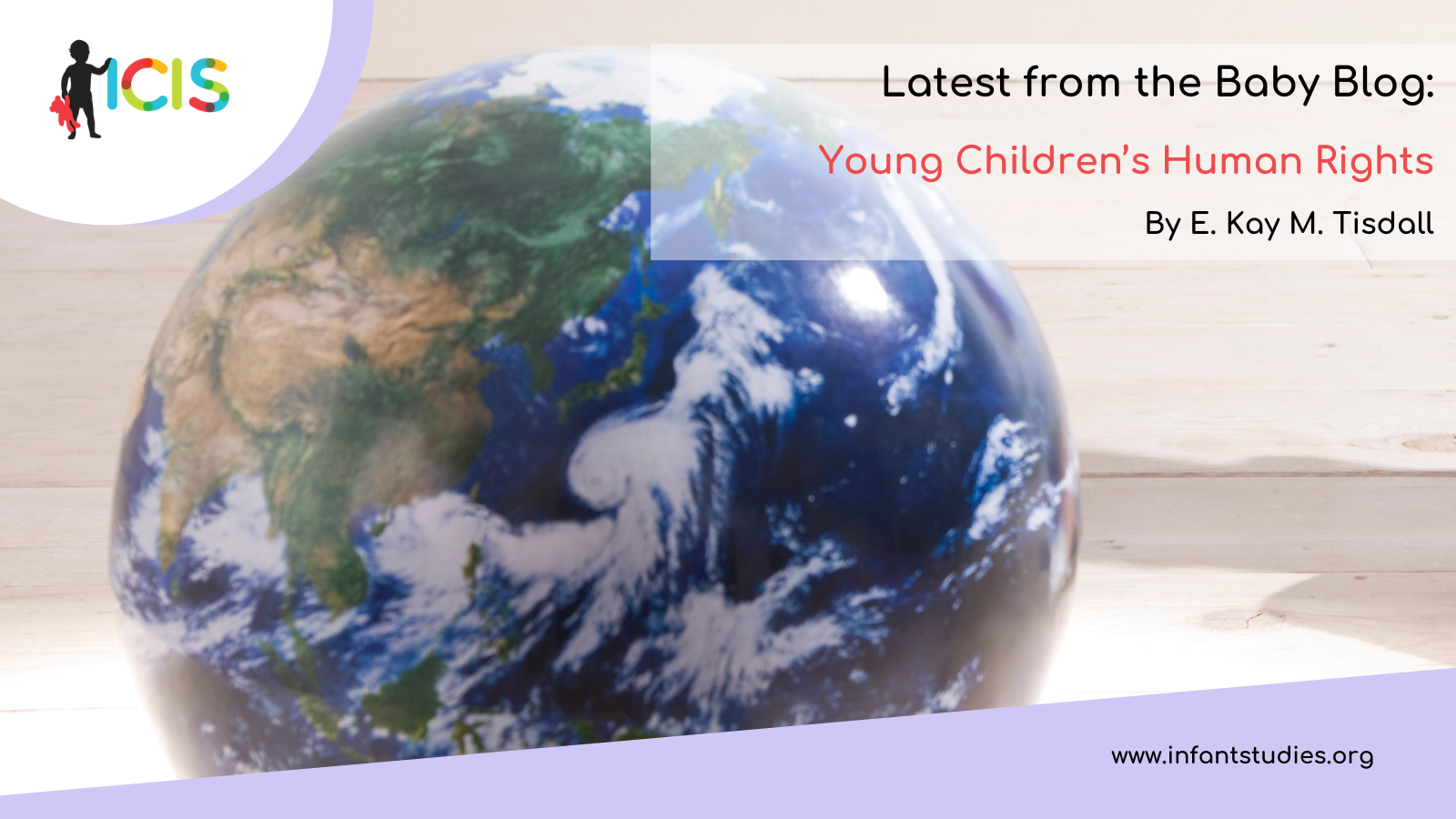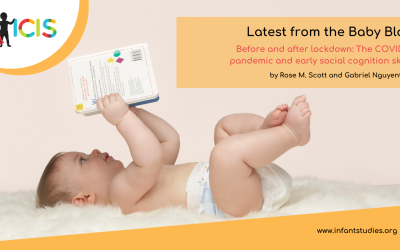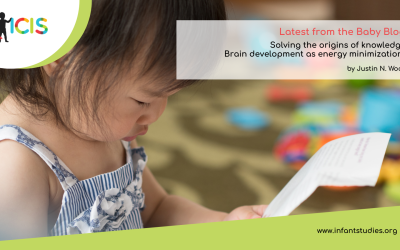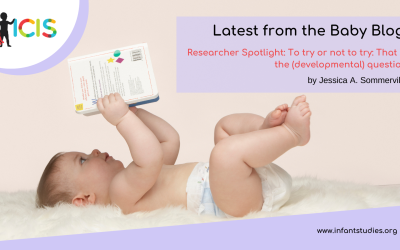The CRC is the most ratified international human rights treaty. All Member States of the UN Assembly have ratified the CRC, except for the United States of America (USA) (see https://treaties.un.org/Pages/ViewDetails.aspx?src=TREATY&mtdsg_no=IV-11&chapter=4&clang=_en). Under international law, once a Member State becomes a State Party to such conventions, they must ensure it is implemented. Thus there is a world-wide obligation to respect, fulfill and support children’s human rights.
The CRC has four General Principles: non-discrimination (Article 2); a child’s best interests must be a primary consideration in all actions concerning children (Article 3); the right to life, survival and development (Article 6); and the child’s right to express views in all matters affecting the child, and those views to be given due weight (Article 12). These are ‘cross-cutting’ and thus they engage with all the other CRC rights. In total, the CRC has 54 articles and these are often grouped into the ‘Four Ps’: participation; protection; prevention of harm; and provision of assistance (attributed to van Bueren 1995). All rights must be considered holistically—that includes considering not only CRC rights but also children’s rights under other international human rights treaties.
The CRC has three further Optional Protocols, which Member States can separately ratify, including the recent procedure for investigations and complaints directly to the UN Committee on the Rights of the Child. The UN Committee has a key role in monitoring the CRC: for example, it receives reports from States Parties and issues Concluding Observations evaluating each State Party. It publishes General Comments, which are authoritative interpretations of the CRC, as a way to elaborate on particular articles and to address key issues. The UN Committee currently has 26 General Comments—and one of them is on early childhood. To quote this General Comment, “Early childhood is a critical period for realizing children’s rights” (2005, page 3).
What does the CRC mean for young children, and related policy and practice? It underlines that key provisions for young children—such as health services (Articles 6, 24 and 25), educational, play and recreational provision (Article 28, 29 and 31), and measures to protect children from exploitation or abuse (Articles 19 and 34-39)—are not optional obligations, based on charitable philanthropy or a hierarchy of needs. They are entitlements and claims. The CRC requires attention to all children, and particularly to those children whose rights are most at risk of not being met. Unlike frameworks for children’s wellbeing, policy and practice cannot be satisfied if most children are reaching certain outcomes; a rights’ framework requires attention to every child having their rights met (Tisdall 2015). It requires recognising all of children’s human rights, not only the familiar ones of protection and provision, but also ones more challenging to realise for young children. For example, young children have often been excluded from individual or collective decision-making, despite Article 12 (Hester and Moore 2018). Yet research shows how attending to even the youngest children’s expression of views can lead to notable realisations for practice, from neonatal care in the UK (Alderson et al. 2017) to early childhood learning in Brazil and South Africa (Wright et al. 2023). The CRC requires adult systems, policy and practitioners to recognise a wider array of children’s rights related to children’s own participation, cultures and civil rights.
Further, young children are core to the most current happenings in children’s human rights. Thanks to research from such fields as neuroscience and economics, early childhood education and care is identified specifically in the Sustainable Development Goals (SDG). But global monitoring shows that, world-wide, we are far from achieving the SDG 4.2 target of universal access to quality early childhood education and care. As a response, 70 experts and researchers have submitted a letter to the UN Committee, calling for recognition of free early childhood education in international law. Importantly, the CRC itself is a minimum standard: we can and should aspire to go beyond it, to recognise the most current challenges and changing needs.
We can learn a lot from recognising young children’s rights. They show the relationality of children’s human rights (and indeed all human rights): with 36 mentions of parent or parents in the CRC text itself, Freeman (2014) points out that the CRC is as much a parents’ charter as a statement of children’s rights. As adults attend more to young children’s participation rights, they question how ‘voice’ too often has privileged words, excluding other forms of communication—and thus not only the views of young children but others such as disabled children who may communicate in other ways. Early childhood education and care by and with indigenous groups can show how to address the challenges of decolonisation, breaking down dichotomies between the ‘natural’ and the social world (e.g. Pace-Crosschild 2018). Attending to early childhood and young children offers wide lessons for both theory and practice.
Recognising young children as human rights holders is challenging. It includes concerns about their vulnerability, dependency, and protection—but goes further. It requires children to be respected as human beings with dignity and who have entitlements. It holds duty-bearers – those who have a responsibility to promote and realise human rights – to account. It requires a children’s rights approach that questions hierarchies of intergenerational power in our systems, policies and practices. It recognises that we can—and should—do things differently.
This blog draws on collaborative work, including:
International and Canadian Child Rights Partnership https://www.torontomu.ca/international-canadian-child-rights-partnership/
Safe, Inclusive and Participative Pedagogy https://www.sipp.education.ed.ac.uk/
Blaisdell, C. and Tisdall, E.K.M. (2024) ‘Early Childhood: Contemporary Children’s Rights Issues’, in J. Todres and U. Kilkelly (eds) Children’s Rights and Children’s Development: An integrated approach, NYC USA: NYU Press. (forthcoming)
Tisdall, E.K.M., Davis, J.M., Fry, D., Konstantoni, K., Kustatscher, M., Maternowska, M.C. and Weiner, L. (2023) Critical Childhood Studies: Global Perspectives, London: Bloomsbury.
References
Alderson, P., Hawthorne, J. and Killen, M. (2017) ‘The participation rights of premature babies’, in U. Kilkelly (ed) Children’s Rights, London: Routledge.
Freeman, M.D. (2014) ‘Introduction: Children’s Rights Past, Present and Future’, in M. D. Freeman (ed) The Future of Children’s Rights, Leiden: Brill Nijhoff.
Hester S. and Moore S. (2018) ‘Understanding Children’s Participation through an Eliasian Lens’, The International Journal of Children’s Rights 26(3): 446–467. https://doi.org/10.1163/15718182-02603002
Pace-Crosschild, T. (2018) ‘Decolonising Childrearing and Challenging the Patriarchal Nuclear Family Through Indigenous Knowledges’, in R. Rosen and K. Twamley (eds) Feminism and the Politics of Childhood: Friends or Foes?, London: UCL Press.
Tisdall, E.K.M. (2015) ‘Children’s Rights and Children’s Wellbeing: Equivalent Policy Concepts?’ Journal of Social Policy 44(4): 807-823. doi:10.1017/S0047279415000306
Van Bueren, G. (1995) The International Law on the Rights of the Child, Dordrecht: Nijhoff.
UN Committee on the Rights of the Child (2025) General Comment No. 7, Implementing child rights in early childhood, https://tbinternet.ohchr.org/_layouts/15/treatybodyexternal/Download.aspx?symbolno=CRC%2FC%2FGC%2F7%2FRev.1&Lang=en
Wright, L.H.V., Rizzini, I., Gwele, M., McNair, L., Porto, C.L., Orgill, M., Tisdall, E.K.M., Bush, M. and Biersteker, L. (2023) ‘Conceptualising Quality Early Childhood Education’, British Educational Research Journal https://doi.org/10.1002/berj.3940
About the Author

E Kay M Tisdall
Professor of Childhood Policy, Childhood & Youth Studies University of Edinburgh
Trained in social sciences and law, Kay’s policy, academic and teaching work centres around childhood studies and children’s human rights. She undertakes collaborative research with children, young people and adults on such as areas as children affected by domestic abuse, inclusive pedagogy for young children, young people’s mental health, and children’s activism. She is involved in large-scale partnership projects, with teams in countries ranging from Brazil, Canada, Eswatini, India, Palestine to South Africa, funded by such organisations as the Canadian Social Sciences and Humanities Research Council, the European Commission, Global Challenges Research Fund, and UK Research and Innovations.
Recent publications can be found in such journals as the International Journal of Human Rights, the Journal of Social Welfare and Family Law, and Emotion, Space and Society and she has recently co-authored Critical Childhood Studies: Global Perspectives (Bloomsbury, 2023). She is a core action group member of the Observatory of Children’s Human Rights Scotland, which is working to drive implementation of children’s human rights in Scotland with local impact and global learning.
